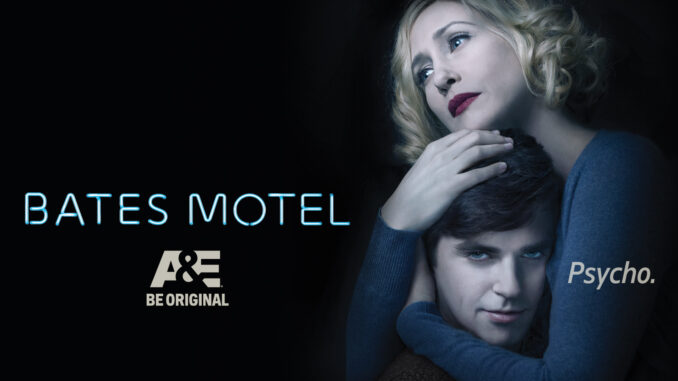
Freddie Highmore’s evolution from a promising child actor into one of television’s most compelling dramatic leads has been a journey marked by dedication, intelligence, and undeniable talent. By the early 2010s, it was clear that Highmore wasn’t content with playing safe or familiar roles—he was ready to challenge himself and transform. That transformation didn’t go unnoticed. In 2013, he was honored with the Satellite Award for Outstanding Lead Actor in a Drama Series, and shortly after, he earned the Critics’ Choice Television Award for Outstanding Lead Actor not once, but three times—in 2014, 2015, and again in 2017. These accolades marked Highmore as not only a fan favorite but a critical darling with unmatched dramatic range.
At the heart of this recognition was Highmore’s mesmerizing performance as Norman Bates in Bates Motel, a modern-day prequel to the classic Hitchcock film Psycho. In the role of a young man descending into madness, Highmore delivered a portrayal that was both chilling and heartbreakingly human. He didn’t just play Norman Bates—he became him, revealing the complex emotional layers of a character who had always been seen as a one-dimensional villain. His ability to portray innocence, trauma, and psychological unraveling all at once left audiences and critics stunned. It was no surprise that in 2013, his raw, nuanced performance earned him the Satellite Award, firmly establishing him as a serious contender in dramatic television.

But Freddie didn’t stop there. As Bates Motel continued to gain momentum, his command over the role deepened. In 2014 and 2015, he won back-to-back Critics’ Choice Television Awards, a rare achievement for any actor, especially one still in his early twenties. The critics praised his subtlety, emotional depth, and the way he made a character as complicated as Norman not only believable but sympathetic. His scenes were often filled with intensity and vulnerability, delivered with a quiet brilliance that drew viewers in rather than overwhelming them.
Then, in 2017, Highmore once again caught the attention of critics and fans alike, this time for a completely different role: Dr. Shaun Murphy in The Good Doctor. Taking on the role of a young surgeon with autism and savant syndrome, Freddie proved once more that he could take on challenging, multi-layered characters with authenticity and care. His performance was a masterclass in empathy, capturing both the struggles and the triumphs of someone navigating a world that doesn’t always understand him. This role earned him yet another Critics’ Choice Award nomination, reinforcing his reputation as one of the most versatile and thoughtful actors of his generation.
What makes Freddie Highmore’s success so remarkable isn’t just the number of awards he’s received—it’s the integrity with which he approaches each role. He chooses characters with meaning, and he brings them to life with quiet intensity and stunning emotional insight. Whether he’s exploring the darkest corners of the human mind or the quiet strength of someone living with a neurodevelopmental disorder, Freddie does so with compassion, intelligence, and complete dedication to the craft.
In a television landscape full of fleeting fame and flash, Freddie Highmore stands out as a steady, brilliant light—an actor who wins awards not for popularity, but for excellence. With a growing collection of honors behind him and a career that continues to evolve, it’s clear that Freddie Highmore isn’t just acting—he’s building a legacy.
